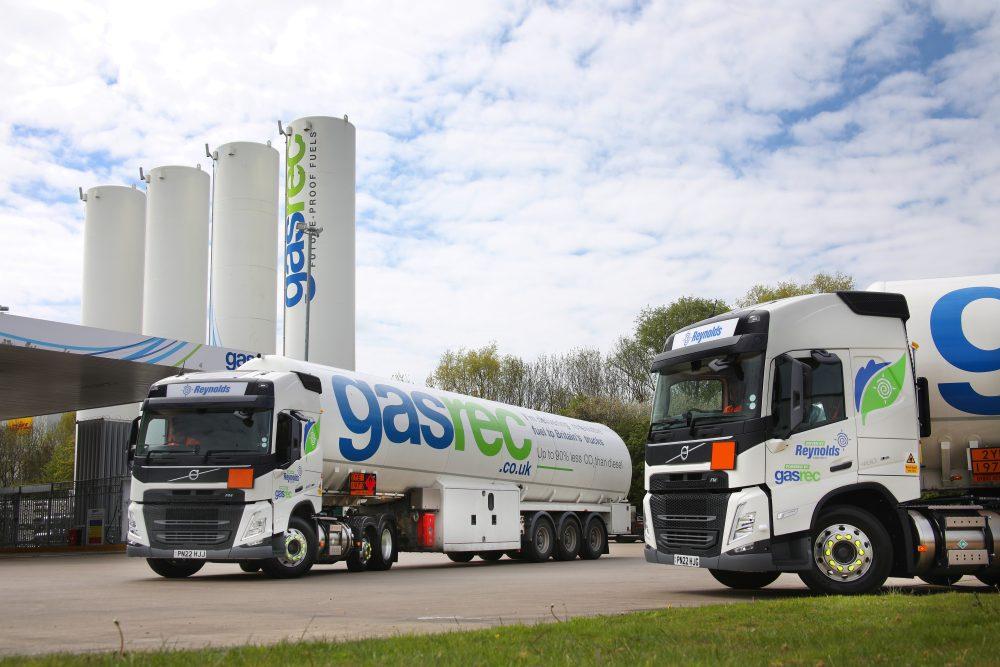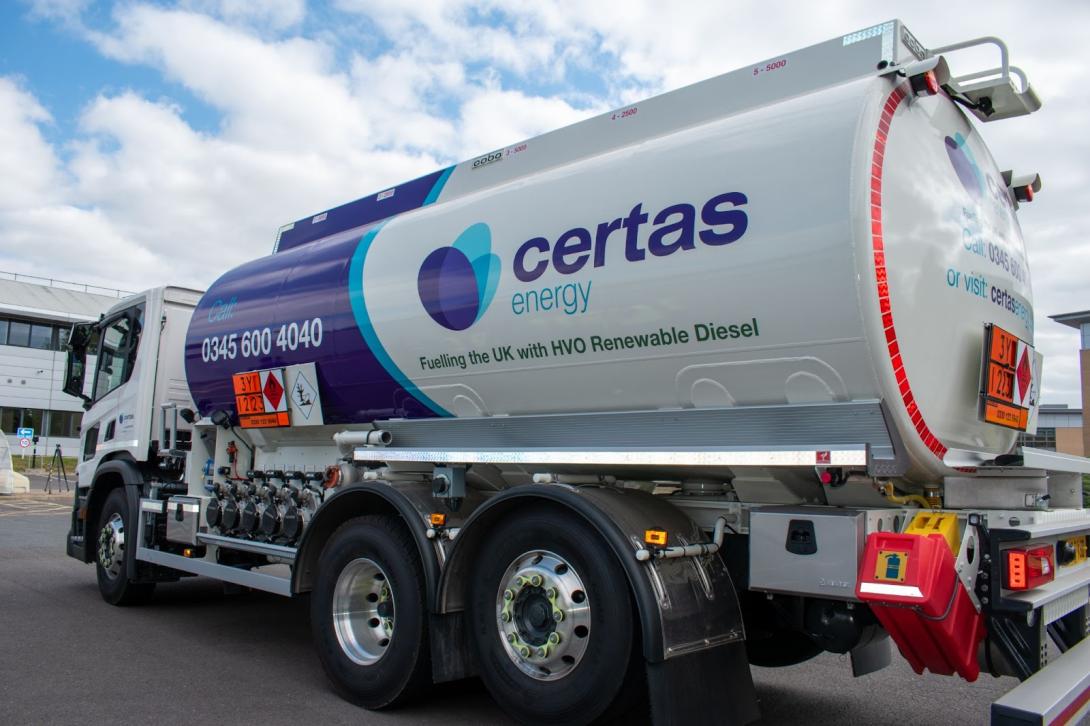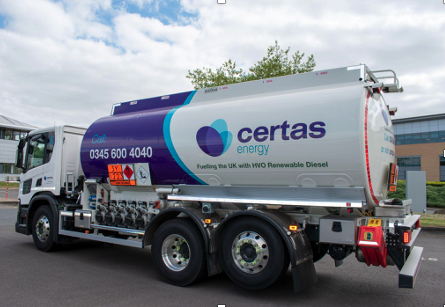Volkswagen is now officially approving models with the latest- generation 4-cylinder diesel engines for use with paraffinic fuels. These newly developed diesel fuels containing bio-components permit significant CO2 savings of 70-95 percent compared with conventional diesel. Alongside its accelerated ramp-up efforts in the area of electric mobility, Volkswagen is systematically further developing the existing range with combustion engines. In this way, the company is responding to different customer needs while at the same time taking into account the internationally varying drive system preferences and the respective general conditions.
All Volkswagen models with 4-cylinder diesel engines (TDI) delivered since the end of June this year (CW 25/21) are approved for operation with paraffinic diesel fuels in accordance with European standard EN 15940. Prof.
Thomas Garbe, Head of Petrol and Diesel Fuels at Volkswagen, explains: “Through the use of environmentally friendly fuels in the approved Volkswagen models, we are making it possible for customers throughout Europe to significantly reduce their CO2 emissions as soon as the fuel is locally available. For example, the use of paraffinic fuels is a sensible additional option particularly for companies with a mixed fleet made up of models with electric and conventional drives.”
There is a wide range of different paraffinic fuels. There are fuels that are produced from biological residual and waste materials such as HVO (hydrotreated vegetable oil), for example. These vegetable oils are converted into hydrocarbons by a reaction with hydrogen and can be added to the diesel fuel in any quantities. They can also be used 100 percent as fuels, however. Vegetable oils such as rapeseed oil can also be used for production of HVO, but the maximum environmental benefit is obtained only through use of biological residual and waste materials such as used cooking oil, sawdust, etc. Biofuels such as HVO are already available on the market, and it is likely that their share could increase to 20 to 30 percent in the energy market for road transport in Europe within the next ten years.
In addition, there will also be so-called e-fuels such as PtL (Power-to-Liquid) in future. These are produced from regenerative sources using CO2 and electricity. XtL or X-to- Liquid, GtL, and PtL make use of the possibility of initially producing a synthesis gas from different raw materials and then converting this to standard-compliant diesel fuel by means of the Fischer-Tropsch process. Excess green energy can be used here in the production process.







